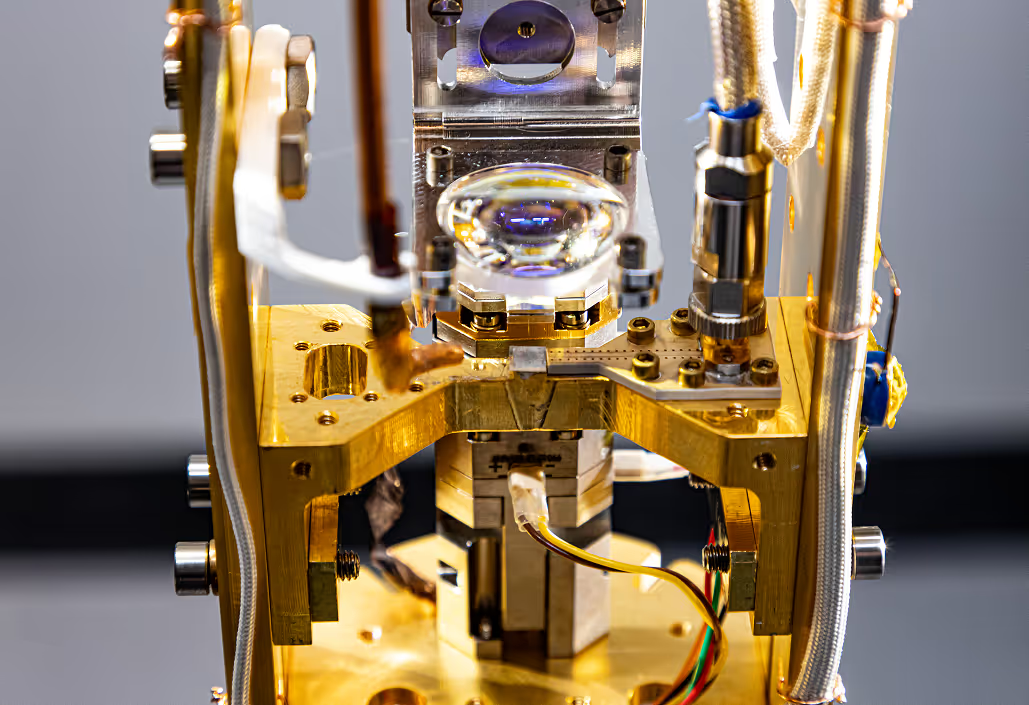The ability to assess risk is critical to many industries, from finance and aerospace to medicine and manufacturing. For example, being able to predict the magnitude of rare events such as how much a stock price will change or how many mechanical parts will fail is valuable information that can yield big returns -- or potentially save lives.
For example, in an investment portfolio, if “Stock A” is found to be closely correlated with “Stock B” and Stock A starts to plummet, Stock B is likely to fall in value as well, so this would increase the loss. In aerospace, a close correlation between aircraft components can help predict when a part may fail based on failures in other components under specific conditions. The problem is that the correlation between these items is not always easy to quantify.
Copula functions are mathematical tools used in risk analysis to quantify the correlation structure in the data which is then used to calculate the probability estimate of a risky event happening. If you are concerned about extreme losses or other risk events then the right copula function makes a difference in your decision. For example, a financial advisor might ask, ‘What is the probability that stock A and stock B will both result in a loss for my client?’ The right copula function, based on the right correlation information, would output a probability estimate of that happening, for example, 0.31 or 31%. Value at Risk (VaR) and Estimated Shortfall (ES) are two commonly used metrics for estimating financial risk that use copula functions. Can a quantum computer improve the accuracy of these metrics?
At IonQ, our quantum scientists and application developers recently demonstrated a new way to perform risk analysis using quantum copulas as inputs to VaR and ES. Why is this news? Because copula functions in classical computing are limited by how much input data they can handle (scale limitation) and because they are constrained by conventional statistical modeling assumptions, such as the statistical distribution of the input data. Quantum copulas are not.
Quantum Copulas
Because we are interested in the correlation structure of the dataset, quantum computers are a perfect tool for this task. Quantum copulas can be expressed as maximally entangled quantum states. This makes sense because quantum entanglement can be thought of as a generalization of correlation. So can a quantum computer learn the correlation structure better than a classical computer? Yes. Our research results reveal a promising path forward as quantum computers become more powerful.
The IonQ application prototype delivered in collaboration with GE, performed the computation faster, requiring less computer memory, less machine learning iterations, and less parameters. And, importantly, yielded comparable or better estimates of VaR (Value at Risk) and ES (Estimated Shortfall) when compared to the classical counterpart.
Our team at IonQ, also developed a quantum optimization approach that improved the hybrid quantum-classical machine learning framework, so the quantum circuit could more effectively scale and learn the correlation function on more data. This work was completed using IonQ Aria, #AQ25, IonQ’s latest trapped-ion quantum computer.
Quantum computers are a natural tool for studying correlation. The results were useful to the client, providing accurate insights and indicating that our quantum approach will likely scale to more data than classical copula functions because the framework is not constrained by parametric assumptions. This is a non-parametric approach for copula functions! These results suggest we can discover complex correlation structures with a degree of accuracy exceeding the capabilities of classical computers because we can use quantum entanglement which is not a resource available on classical computers. After training, the quantum circuit model can be executed the desired number of times to produce samples for any downstream application.
Further Applications for This Method
The IonQ quantum applications team has shown that quantum computers can be a powerful tool for risk analysis, especially involving complex correlations and copula functions, but this type of quantum approach would be useful in other joint probability analysis work, such as for predicting buyer preferences.
Another example, an e-commerce company may notice that customers gravitate towards coffee cans with red packaging, but they may also see a close correlation with the weather, or the time of day those products are displayed. Grasping these correlated patterns allows the company to make more informed decisions about which products to show customers at checkout, and when.
We are constantly seeking to demonstrate new use cases for quantum systems that allow our customers to improve business outcomes. The power of quantum systems for risk assessment is just the latest example of how quantum technologies will transform businesses in the future.
Expect to see IonQ clients implement these techniques for signal processing, manufacturing, engineering, medicine, finance, supply chain as well as for any other industry sectors making use of multivariate joint probability distribution models.



